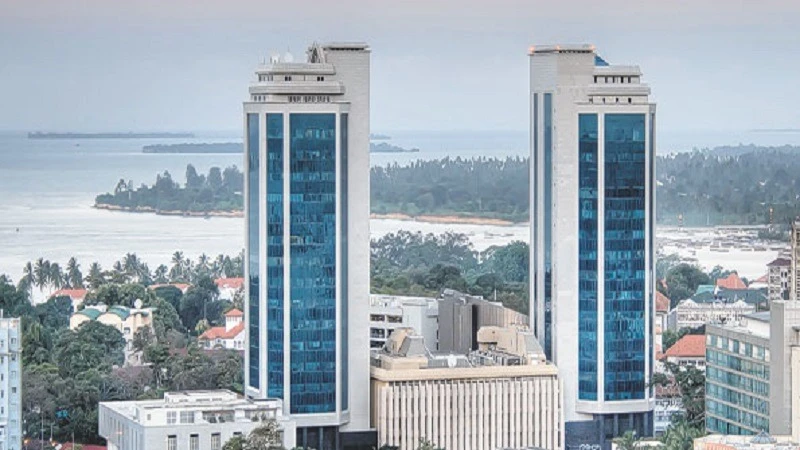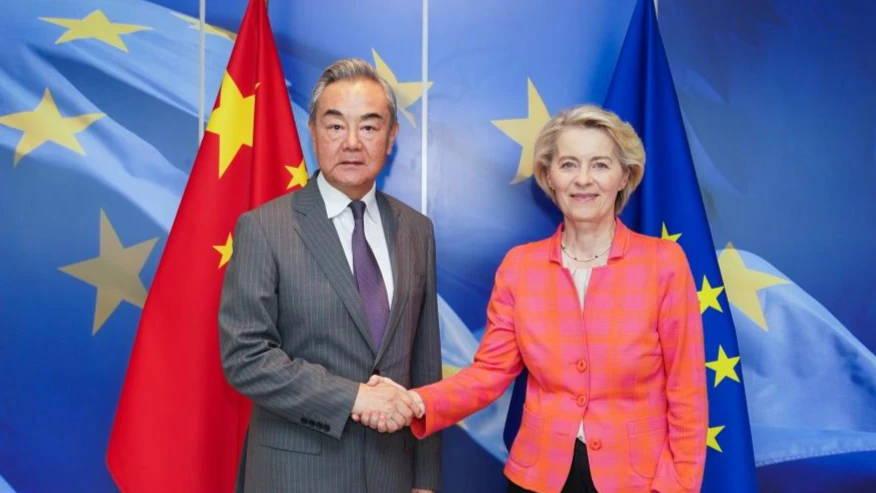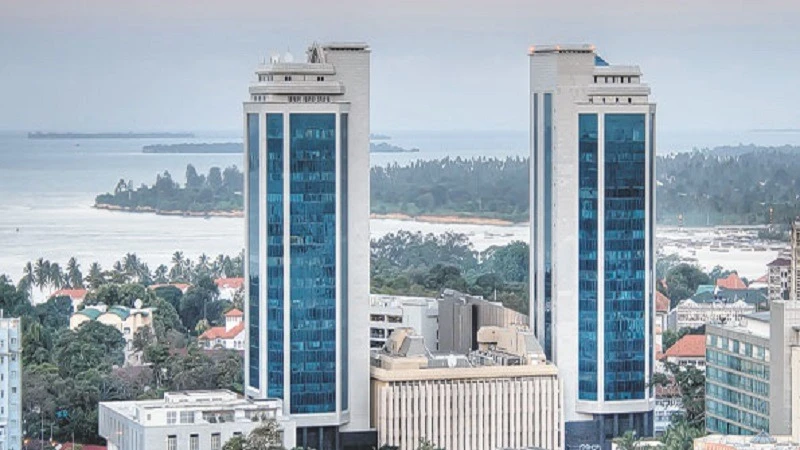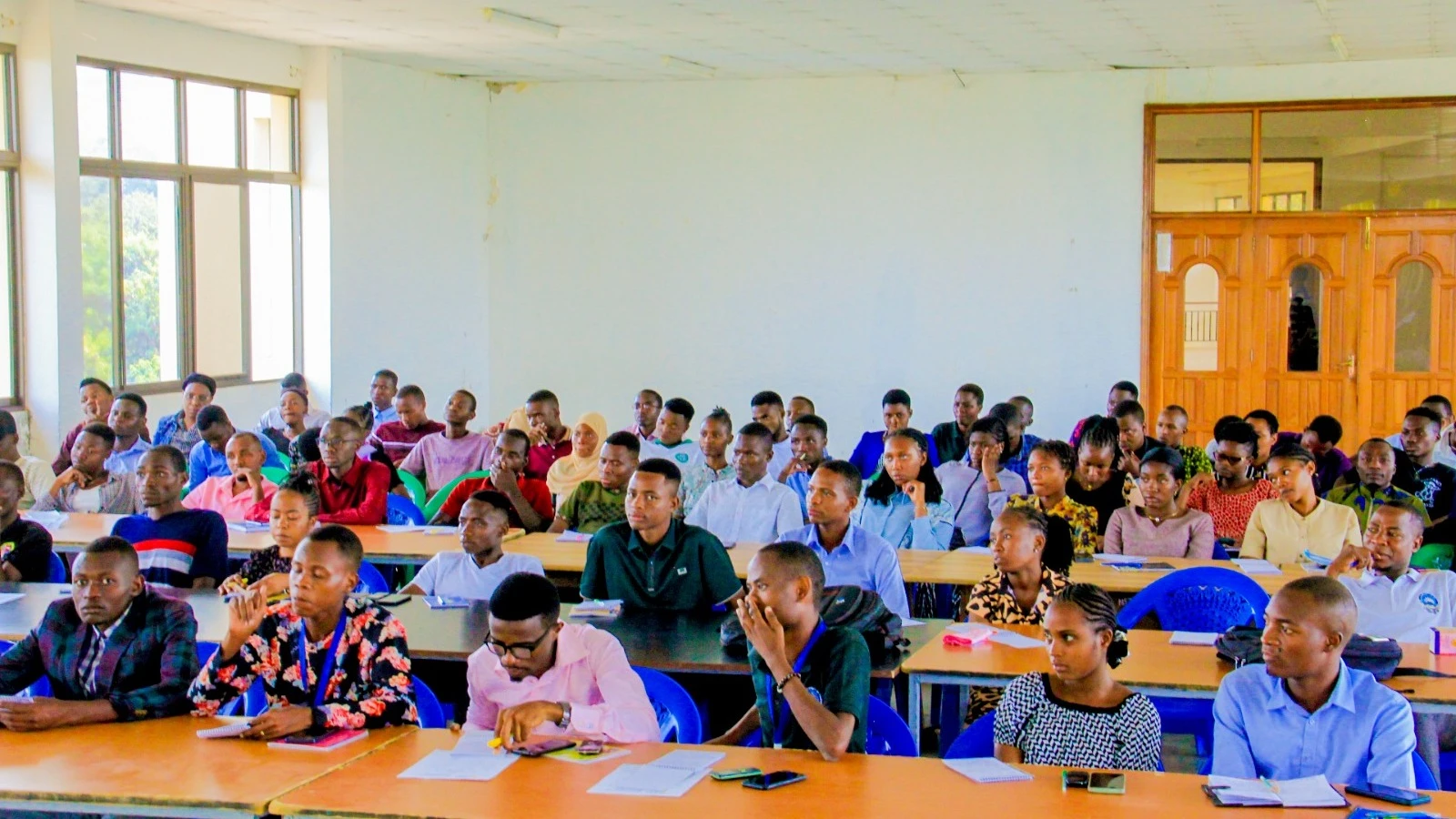BoT lowers pace maker lending rate; slates 5.75pc

THE Bank of Tanzania (BoT) has lowered its lending rate to commercial banks by 25 basis points to 5.75 percent from 6.0 percent maintained for five consecutive quarters.
Emmanuel Tutuba, the governor, told journalists in Dar es Salaam yesterday that the shift seeks to support monetary and fiscal policies, the onset of the harvest season in July alongside maintaining exchange rate stability to the end of September.
The rate was approved by the monetary policy committee on Wednesday, where it decided that the seven-day interbank rate stabilizes within the central bank rate corridor of 3.75 percent to 7.75 per-cent, he said.
Lowering the lending rate was made feasible by a rise in foreign exchange reserves, reaching about $6bn late June, covering about 4.8 months of projected imports of goods and services, he ex-plained.
The committee also assessed domestic economic performance and observed that it has been steadi-ly strengthening, buoyed by robust public infrastructure investment and rising private sector activi-ty underpinned by an improving business climate, the governor specified.
Estimates conducted last month indicated that GDP growth for the Mainland reached 5.8 percent and 5.5 percent in the first and second quarters of 2025, respectively, he said, noting that robust performance in agriculture, construction and financial services underpinned fast growth.
Domestic economic activity is projected to strengthen, with GDP growth set at 6.0 percent and 6.9 percent in the third and fourth quarters, in sequence, owing to substantial infrastructure invest-ments, he declared.
He pointed at railways, roads, airports and sports facilities in preparation for African soccer compe-titions, as well as agriculture and mining investments.
This optimistic outlook is also visible in the findings of the Market Perception Survey and the CEOs Economic Perception Survey conducted back in May, he said, affirming that investor confi-dence remains strong.
This is reflected in the Fitch sovereign debt rating last month which placed Tanzania’s credit rating at B+ with a stable outlook, the governor noted, highlighting that headline inflation averaged 3.2 percent in the second quarter of 2025.
This reflects the impact of prudent monetary policy and subdued price movements in non-food and energy-related items, he said, pointing out that food basket inflation experienced a temporary up-tick.
The phenomenon was driven by transportation disruptions caused by heavy rainfall in certain re-gions. Core inflation eased, supported by moderation in service prices, particularly in recreation, sports and culture, as well as house maintenance, he stated.
In Zanzibar, headline inflation declined to 4.2 percent in May 2025 from 5.3 percent a year earlier, largely due to lower food prices.
In the second quarter of 2025 broad money supply is estimated to have grown at an average annual rate of 19.1 percent, from 15.4 percent in the preceding quarter.
Expansion was largely driven by robust private sector credit growth of 16.7 percent, reflecting the easing of foreign exchange flows and an improving business environment, he said.
The ratio of non-performing loans declined to 3.4 percent in May, remaining well below the pru-dential threshold of 5.0 percent, signaling improved credit quality and risk management practices in the banking sector, he stated.
The current account deficit is estimated to have narrowed to $797.1m from $872.1m in the second quarter of 2024, with the current account deficit placed at 2.6 percent of GDP, an improvement from 3.7 percent recorded in the previous year, he specified.
This improvement reflects strong performance in exports of gold, tourism, cash crops and manufac-tured goods, he said, noting that Zanzibar also recorded a notable external sector performance, posting a current account surplus of $611.1m for the fiscal year, from $428.5m the previous year, explaining it from robust tourism receipts.
The local currency was stable against major trading currencies, depreciating at a slow pace of 0.2 percent against the US dollar in the year ending June 2025, compared with a depreciation of 12.5 percent in the year ending June 2024, he added.
Top Headlines
© 2025 IPPMEDIA.COM. ALL RIGHTS RESERVED






















